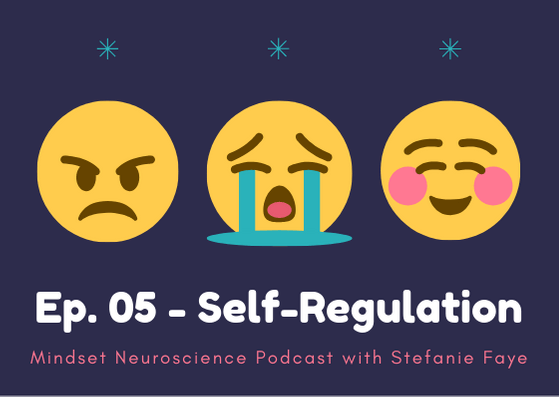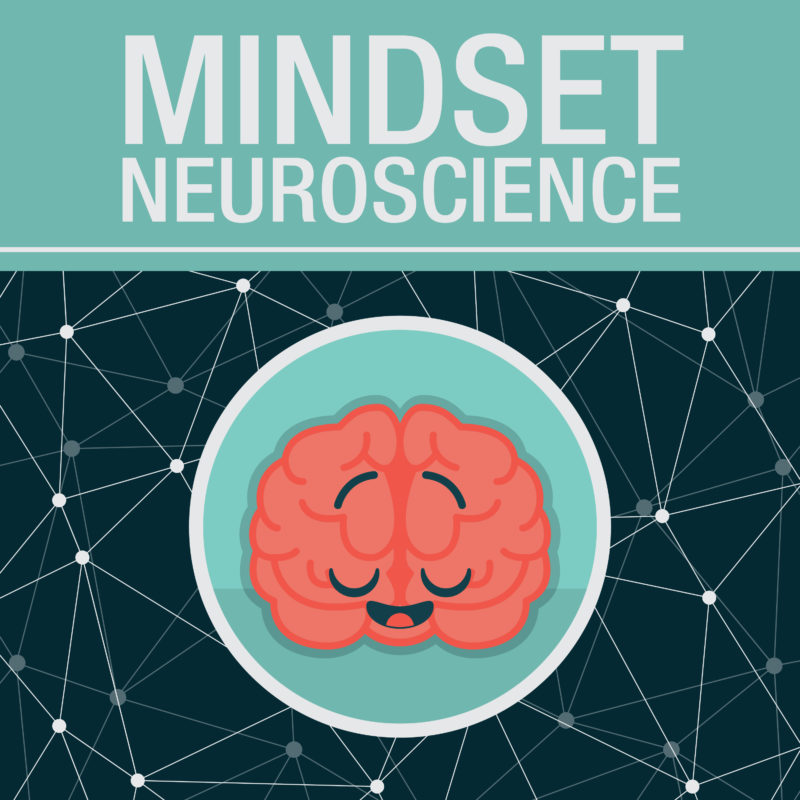Podcast: Play in new window | Download

“Feelings can annoy or delight us, but that is not what they are for […]. Feelings are for life regulation, providers of information concerning basic homeostasis or the social condition of our lives.”
-Antonio Damasio, The Strange Order of Things
Humans have a remarkable capacity to deliberately monitor their internal state and choose how to respond
We are not born with these skills. We are born with the potential to develop them – but we need to learn how to do this.
So, how can we develop self-regulation skills?
By getting to know the autonomic nervous system, the vagus nerve and something called ‘interoception‘.
Getting to know those three things makes us better at noticing what our body and senses are constantly telling us.
Doing this helps us use more of the human features of the brain to keep us calm and in control.
“[…] visceral sensations – the tightening of the pharynx and larynx that occurs when we are in fear, […] the effects of certain molecules on varied components of the body […] These images of the old internal world are none other than core components of feelings. ”
– Antonio Damasio, p 81
In this episode, we’ll move away from the ‘mental’ and psychology-based idea of emotions…
… and move back into our body and senses to find out how we can have more control over our behaviors.
Overview:
- We’ve gone through many different theories about human behavior.
- Behaviorism gave us the incorrect idea that we are basically empty slates and environment or stimuli trigger all behavior (without any interaction between the beliefs/assumptions/expectations that exist within us and that influence how we respond).
- The cognitive revolution brought us the insight that our brain processes and evaluates stimuli and then induces our behavior according to its interpretations.
- Embodied cognition is the theory that many features of cognition are shaped by aspects of the entire body.
- A better understanding of the vagus nerve brings us more into this model, where we see that our body and senses are processing information and influencing what gets sent to our brain.
- The vagus nerve interfaces with parasympathetic control of the heart, lungs, and digestive tract.
- Therefore, if it’s not working properly, or we’re in a constant state of stress, we’re likely to have issues with these organs.
- Once we understand what the vagus nerve is doing, we can then learn how to give ourselves and others more control over homeostasis.
Topics covered:
– How motor movements relate to social communication and self-regulation.
– Why the vagus nerve & vagal tone are so important.
– Issues with vagal tone that can come from developmental and environmental issues, contributing to issues with social behaviour and other internal organs.
– Understanding the significant difference between feelings and emotions.
– Helping our self-regulation abilities and teach others to have more control over social behaviours and their internal state.
– Embodied cognition.
– How our senses alter signals that reach our brain.
– Interoception and the importance of the sensations that happen in our body
– Link between vagal tone and social behaviours and social communication abilities.
References:
Antonio Damasio, The Strange Order of Things, 2018
Bessel Van der Kolk, The Body Keeps the Score, 2014
Stephen Pinker, Enlightenment Now: The Case for Reason, Science, Humanism, and Progress, 2018
Bodily Maps of Emotions – Proceedings of the National Academy of Sciences

